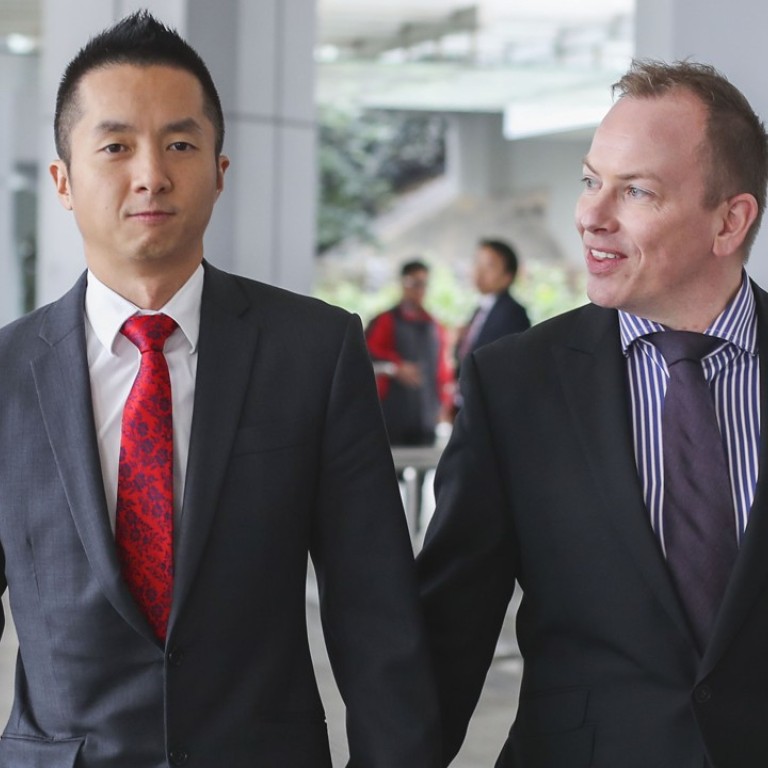Advertisement
Advertisement

When it comes to same-sex marriage, equality does not have to mean the same rights
In her article “Uphill battle for gay rights” (December 2), Regina Ip Lau Suk-yee rather overstretched the meaning of the Marriage Ordinance’s stipulation that marriage must be “between one man and one woman” to argue that this is not a Chinese tradition. Surely, marriage “between one man and one woman” means “between a male person and a female person”.
In the case of QT versus Director of Immigration, a lesbian woman, known in court as QT, was granted the right to a dependent visa to remain with her partner in Hong Kong. This does not recognise QT’s partner as her spouse and therefore does not impinge on the existing marriage law.
As for the case in which a transsexual woman, identified in court as W, won the right to legally marry her boyfriend after W had undergone a sex-change operation, the couple in question are not of the same sex.
We do not discriminate against the LGBT community, but we do recognise that they are different from the mainstream. We should therefore not be talking about granting them equal rights per se, but should separately legislate to provide for different rights of equal value for them.
Same-sex marriage has been such a vexing issue that it was reported in June that the British territory of Bermuda had taken the unprecedented step of repealing the right of gay couples to marry, becoming the first nation to extend and then revoke that right. The governor signed the measure banning same-sex marriage and overturning a Supreme Court decision allowing same-sex-unions after a referendum found that a majority of Bermudans opposed it. More recently, the Supreme Court once again reversed that ban.
However, the Bermudan example shows that the executive does not always have to follow the judiciary.
Peter Lok, Heng Fa Chuen

Post
